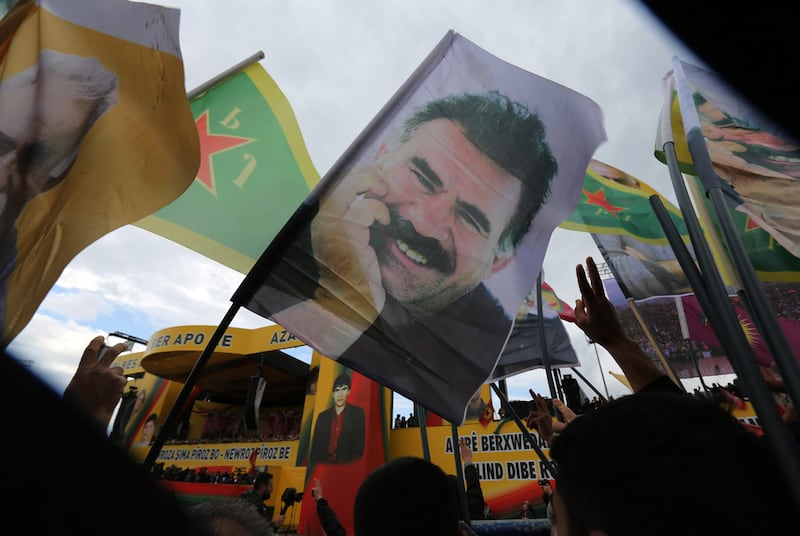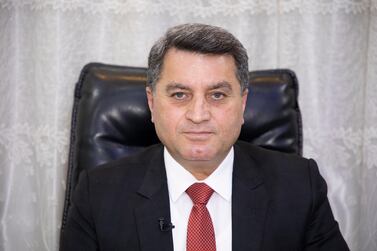Months of hunger strikes by thousands of Kurdish MPs and prisoners in Turkey ended on Sunday on the orders of Kurdish militant leader Abdullah Ocalan.
At a press conference in Istanbul on Sunday, lawyers working for the founder of the Kurdistan Workers’ Party read out a statement in which Ocalan asked that the 200-day protests end.
“Comrades who have committed themselves to hunger strikes and death fasts, I expect you to end your protest,” said the statement, Reuters reported.
Soon afterwards, an MP told a press conference in the south-eastern city of Diyarbakir that the strike was officially over.
The hunger strikes began in November after MP Leyla Guven of the pro-Kurdish Peoples’ Democratic Party (HDP) went on strike to call for an end to Ocalan’s isolation. The PKK leader has been held, mostly in solitary confinement, on Imrali island prison since 1999.
Ms Guven began her hunger strike in prison – she was jailed for a year over remarks she made about Turkey’s military operation in the predominantly Kurdish town of Afrin in northern Syria.
After she was released, she continued her hunger strike and was taken to hospital in a critical condition 98 days into her protest, but refused treatment.
An eight-year ban by Turkey’s ruling Justice and Development Party came to an end this month, and Ocalan was allowed to meet his lawyers in prison four days ago.
Local media reports suggest that about 3,000 prisoners in Turkey have joined the protest, as well as HDP MPs.
In Turkey, hunger strikers often refuse food but take vitamins as well as salt and sugar solutions.
The change of attitude towards Ocalan comes a month before the re-run of the Istanbul mayoral election.
Some speculate it could be a sign that Turkey is willing to move towards a renewed peace process.
Turkey views the PKK, which has fought a decades-long insurgency against Turkish security forces, as a terrorist organisation.







